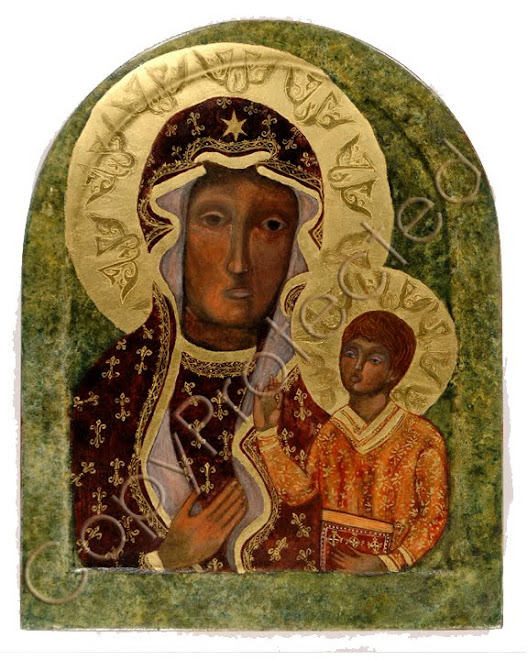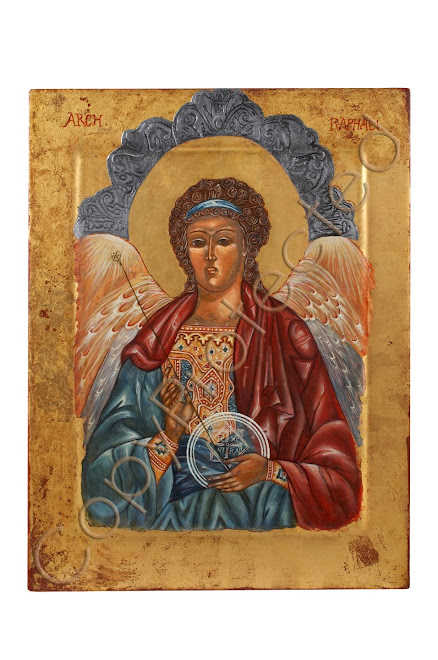My oldest daughter Shanti is a singer of songs. Shanti means peace in Sanskrit, her name my attempt to bring some calm to the little being whose presence in my womb I could already feel was dynamic and intense. From the time Shanti was a wee little girl she could be found singing her heart out – as she played with her dolls, or built sand kingdoms in the sand box and as she went about her Shanti-day. I have a vivid memory of her in the bathtub at the tender age of three chanting in all her God-given nakedness: “ Holy Father, Holy Father,…. can you hear me,… can you hear me?” her cherubic voice resonating the little tile- walled cathedral. All peace aside, Shanti was and is a force of nature. A fierce believer in all things fair and beautiful Shanti would start small insurrections in the school lunchroom and then wrap herself in silken scarves and dance around the kitchen like the fairy princess she was. As she grew, music remained her most loyal companion - the piano a source of comfort and healing; her voice a growing crescendo of self-expression. Today, the power of her voice can shatter glass and the words of her songs can shatter your heart. As a child Shanti would sing herself to sleep and now as a beautiful young woman she sings the world awake.
And so, after completing my first two icons ( by orthodox tradition you are obliged
to paint first the Archangels Michael & Gabriel) I purposed to paint an icon of St. Cecilia, patron saint of music, for my lovely Shanti. As is my custom, I began to research the saint and found, that despite the many paintings and depictions of Cecilia, she in fact did not play an instrument or sing as a profession! Cecilia was born into a patrician family in 2nd century Rome and into a culture of fierce paganism. A devout Christian, Cecilia was beheaded for her beliefs. According to the legend she did not die for three days, but remained in a state of ecstasy singing until she finally succumbed. Her immense determination and fierce adherence to her beliefs
is a wonderful reminder of the energy and resolve required to remain true to your artistic vision.
And for Shanti, my force of-nature-singer-of- songs child an appropriate saint!
Thursday, December 4, 2008
Monday, December 1, 2008
The Three Gatekeepers
I sometimes come across a teaching that resonates so strongly with me that I want to share
it with others. This is one such piece of wisdom. It is a Buddhist teaching that I came across years ago which has become a part of my internal process when deciding whether or not to tell someone something which may be hard to hear.
According to traditional Buddhist teaching these are three gatekeepers your words must
pass through before they leave your mouth: the words must first be true, they must secondly
be kind and lastly, they must be necessary. True, kind and necessary.
If words are true, but not kind or necessary you abuse the receiving person, bludgeoning
them with the truth: It's true, therefore I have the right to say it. A lot of hurtful words
and power dynamics get delivered in the wrapping of The Truth.
If words are true and kind but not necessary, they are self-serving and manipulative.
If words are necessary and true but not kind they will be met with resistance and
defensive maneuvers and so will not accomplish their intended purpose.
True in this sense does not mean absolute, carved in granite Truth, but represents your
highest knowing, your feeling in the moment, what you genuinely perceive to be true.
Kind does not mean that the words are empty platitudes or artificially nice, but that they are
the most loving words you can say, even if they are painful.
Necessary means that the words you say should serve a higher purpose, bring about
a higher good or foster deeper understanding.
If your words pass through all three gates, being true, kind and necessary, they will
bring no harm to the other person and will pave the way for deeper understanding and
closer shared intimacy.
Golden Medicine Buddha thangka courtesy of Mark Taylor, Round River Retreat Center,
Genoa, WI. Thangka painted by Tashi Dhondub.
Labels:
Buddhism,
Buddhist parables,
right action,
spirituality,
Tashi Dhondub,
Thangka
Subscribe to:
Posts (Atom)










